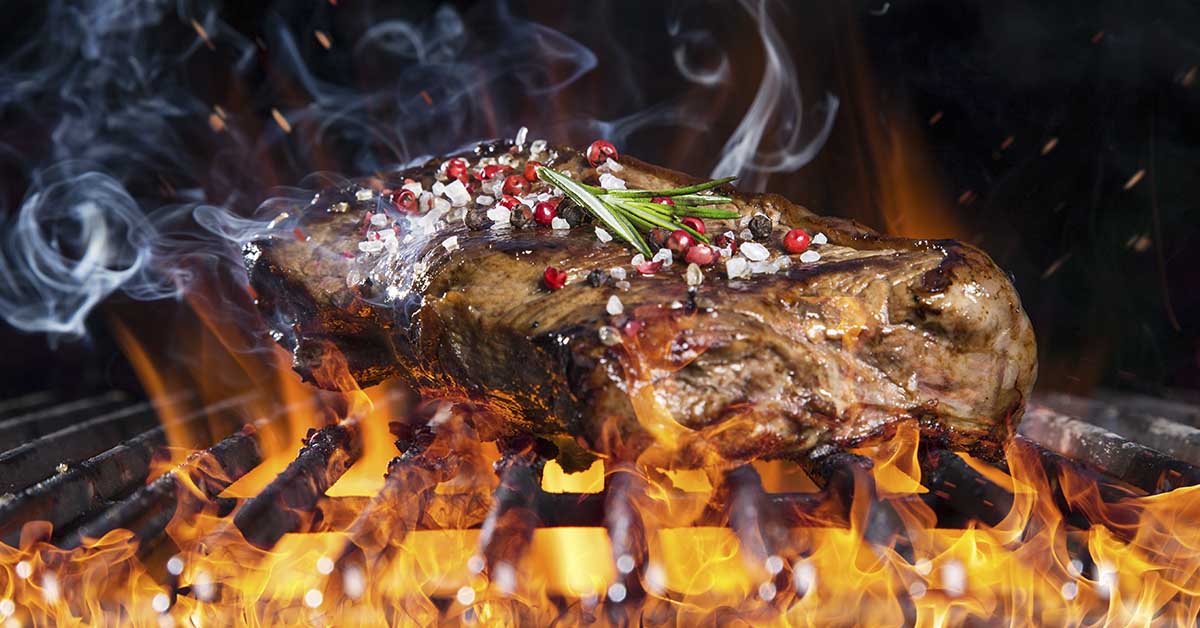Cancer is not a word anyone wants to hear coming from their doctor’s mouth. For anyone who has suffered cancer or is close to someone who has, they know too well how devastating it can be. While there are plenty of things we can do in our daily lives to prevent cancer, there are also things we might be doing that could unknowingly contribute to its development. These are habits to avoid to decrease your cancer risk.
48 Bad Habits That May Increase Your Cancer Risk

Cancer is a deadly disease that affects millions of people worldwide. While various factors contribute to the development of cancer, certain habits and lifestyle choices can increase the risk significantly. These are fifty habits to avoid to decrease your cancer risk. If you have already done some of these, then consider this your sign to make changes.
1. Smoking
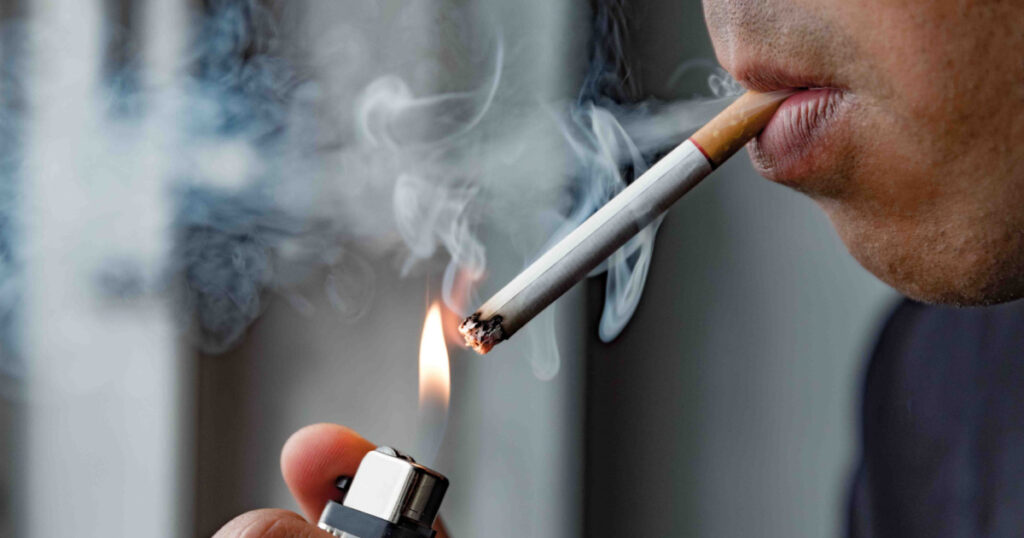
Smoking is the leading cause of preventable cancers. The toxins in tobacco damage DNA and increase the risk of cancer in various organs, including the lungs, throat, mouth, and bladder. In fact, smoking increases your risk of developing almost every cancer. Quitting smoking can reduce your cancer risk. If you don’t smoke and aren’t planning on starting, avoid secondhand smoke as much as possible. (1)
Read: Why Do Flight Attendants Have a Higher Risk of Developing Cancer?
2. Heavy Alcohol Consumption
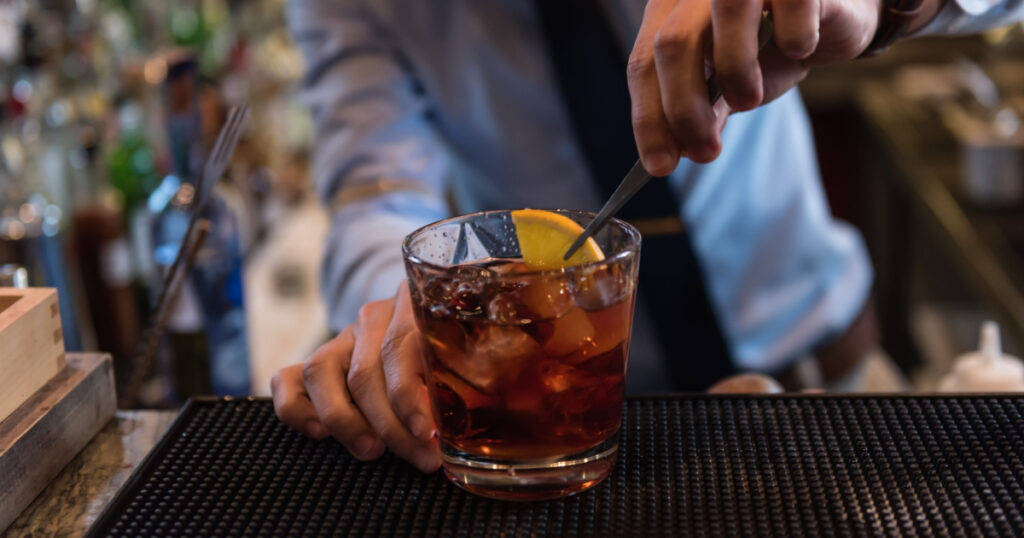
Excessive alcohol intake can damage cells and impair their ability to repair DNA. This increases the risk of several types of cancer, including breast, liver, and colon cancer. Excessive alcohol consumption is defined as two drinks per day for women and three drinks per day for men. Beyond that amount, the risk of cancer rises significantly. (2)
3. Unhealthy Diet
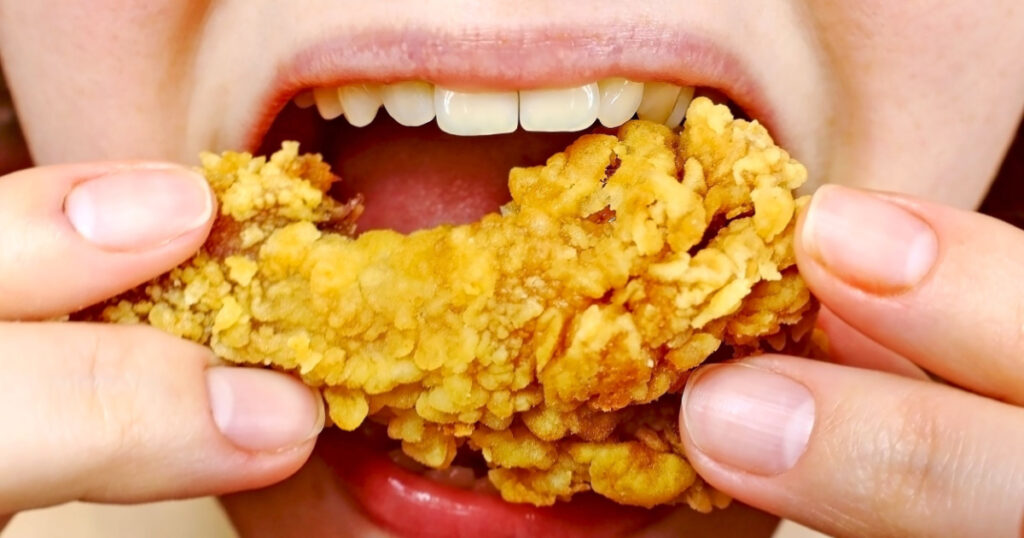
A diet high in processed foods, red meat, and sugary beverages can lead to weight gain and inflammation. This increases the risk of cancers such as colorectal, breast, and pancreatic cancer. A diet high in fiber, fruits, vegetables and whole grains can help lower cancer risk. (3)
4. Obesity
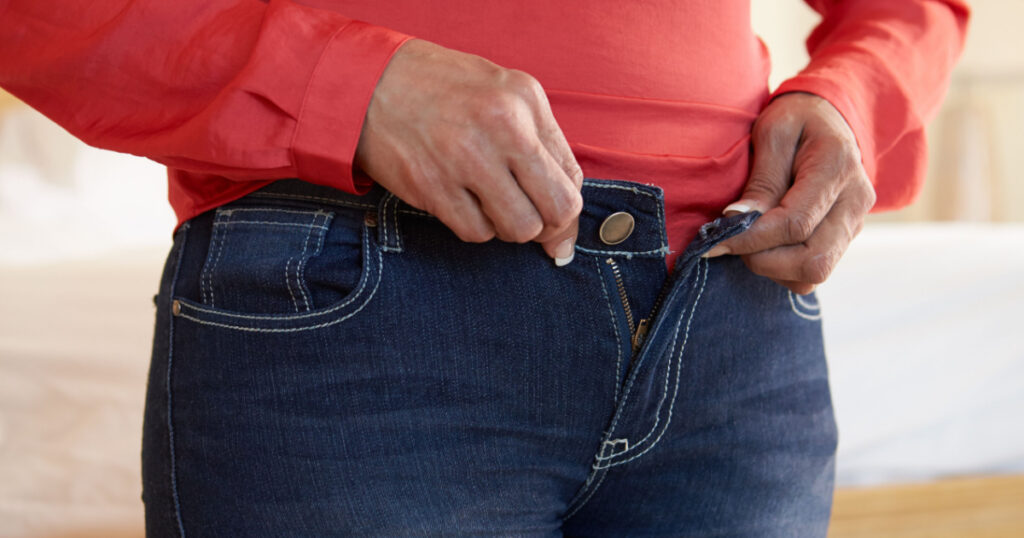
Being overweight or obese can increase the risk of developing several types of cancer, including breast, colorectal, and kidney cancer. This is due to the release of hormones that promote cell growth. Obesity is also linked to inflammation, which can cause cancer. (4)
5. Sedentary Lifestyle

Lack of physical activity can contribute to weight gain, hormonal imbalance, and weakened immune system. All of these can increase the risk of cancer. It is recommended that people get at least 150 minutes of moderate-intensity exercise, such as brisk walking or swimming, each week. (5)
6. Excessive Sun Exposure
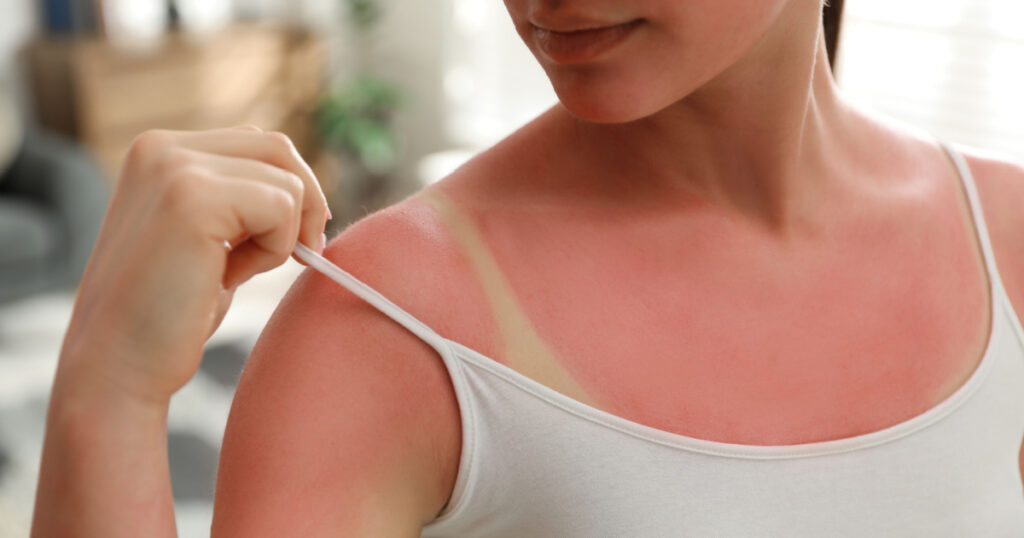
Overexposure to the sun’s harmful ultraviolet (UV) rays can cause skin damage and lead to skin cancer, including melanoma. It is crucial to use protective clothing, hats, and sunglasses. Stay in the shade when possible, and if not, use sunscreen. (6)
Read: How to Eat to Reduce Cancer Risk
7. Indoor Tanning
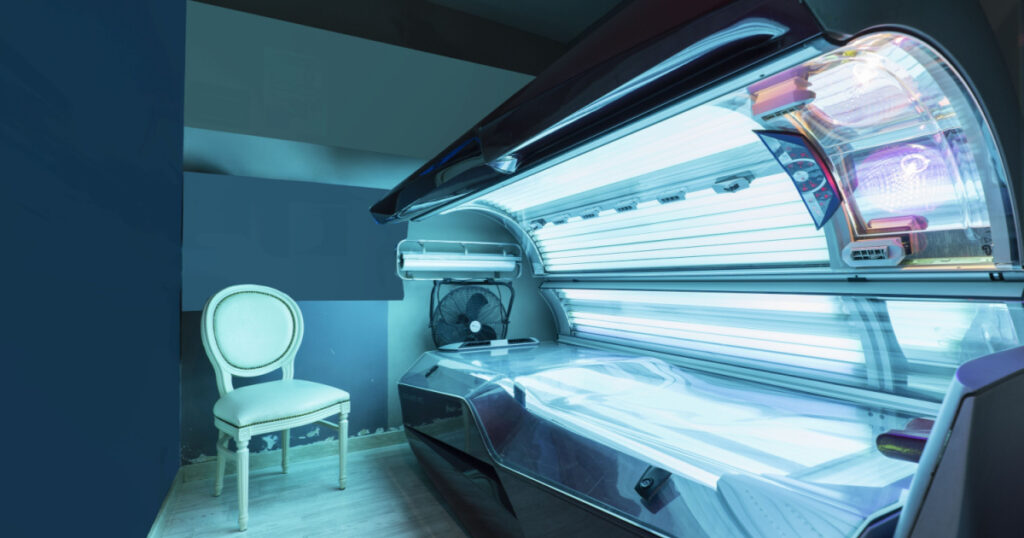
The use of tanning beds and lamps exposes the skin to concentrated UV radiation, greatly increasing the risk of skin cancer. Do not use tanning beds to avoid increasing your cancer risk. (7)
8. Poor Oral Hygiene
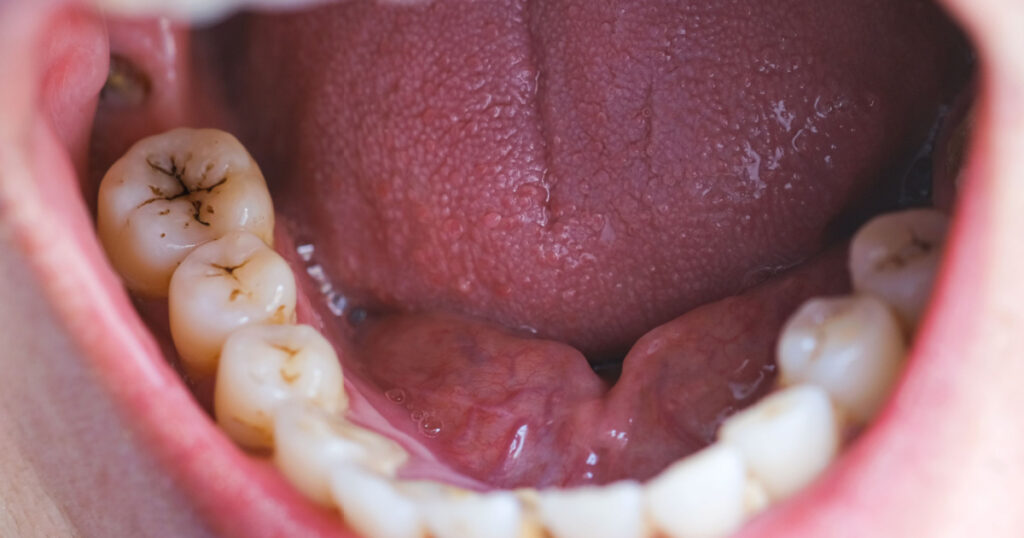
Neglecting oral health can lead to gum disease, which has been linked to an increased risk of various cancers. These include pancreatic, throat, and lung cancer. Brush and floss your teeth twice per day, use mouthwash at least once per day, and be sure to visit your dentist once per year. (8)
9. Chronic Inflammation

Long-term inflammation in the body can increase the risk of cancer development. Chronic conditions such as arthritis, inflammatory bowel disease, and hepatitis can all contribute. Consuming an inflammatory diet can also increase systemic inflammation, as well as your risk of cancer. (9)
10. Excessive Processed Meat Consumption
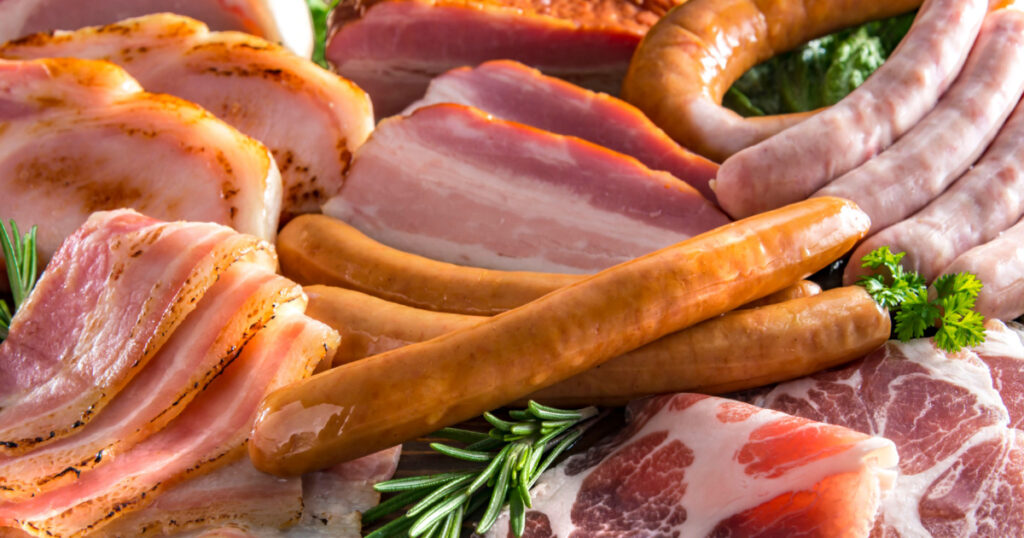
Regularly eating processed meats like sausages, bacon, and hot dogs has been associated with an increased risk of colorectal, stomach, and pancreatic cancer. (10)
11. Poor Sleep Habits

Chronic sleep deprivation and disrupted sleep patterns can weaken the immune system and disrupt hormone regulation. This can potentially lead to an increased risk of cancer. (11)
12. Exposure to Environmental Carcinogens
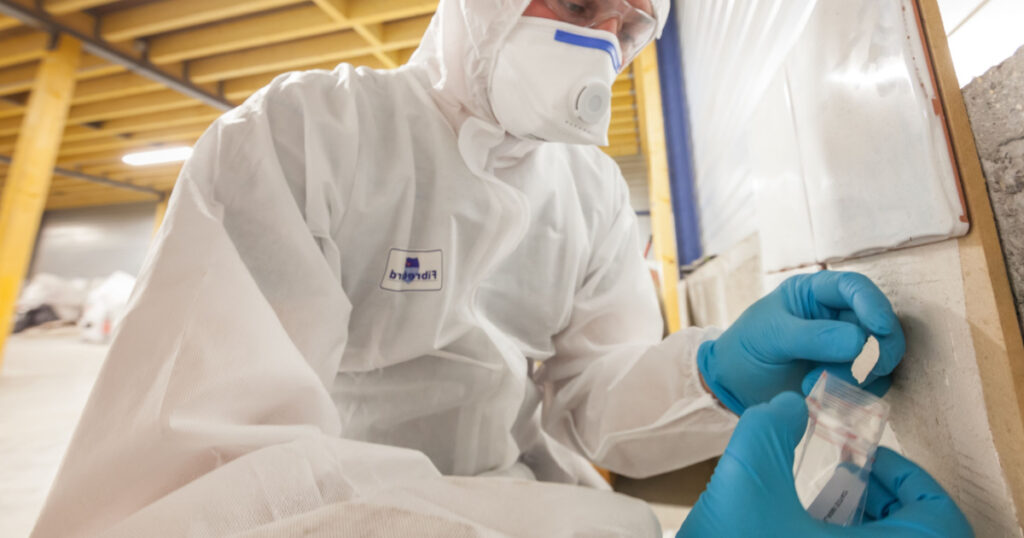
Regular exposure to harmful chemicals such as asbestos, benzene, and formaldehyde can significantly raise the risk of developing various cancers. Be vigilant about mold growth in your home and be wary of what products you use, such as cleaning products or air fresheners. (12)
13. Unsafe Sex Practices

Engaging in unprotected sex with multiple sexual partners increases the risk of contracting human papillomavirus (HPV). This can lead to cervical, anal, and oral cancers. Be sure to always use condoms and get tested regularly if you are sexually active. (13)
Read: 10 Things Cancer Survivors Want You to Know About Chemo
14. Excessive Alcohol Combined with Smoking
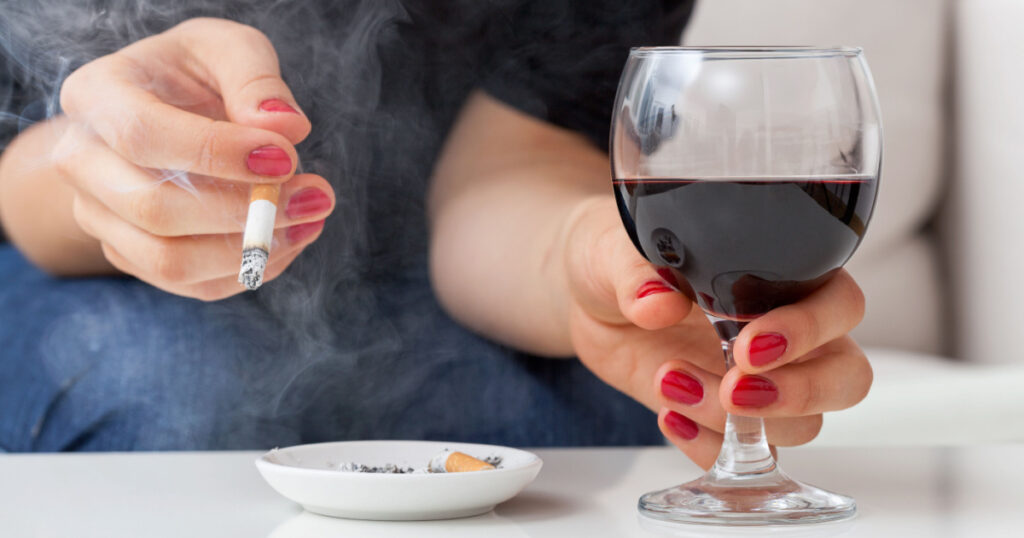
The combination of heavy alcohol consumption and smoking significantly increases the risk of several types of cancer, including mouth, throat, and esophageal cancer. (14)
15. Using Hormonal Birth Control
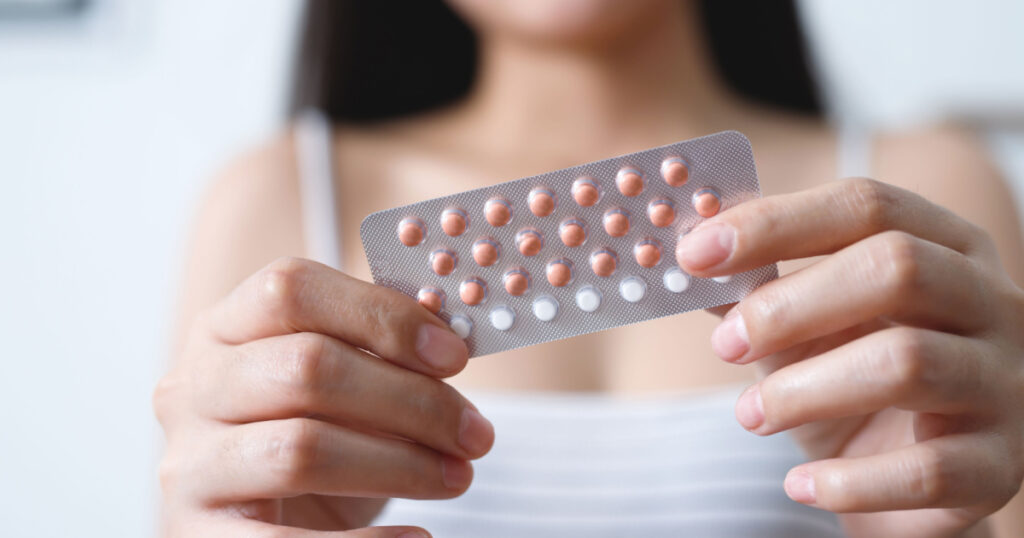
Long-term use of hormonal contraceptives, such as birth control pills, can slightly increase the risk of breast and cervical cancer. Be sure to talk to your doctor about which method of birth control is best for you. (15)
16. Exposure to Secondhand Smoke
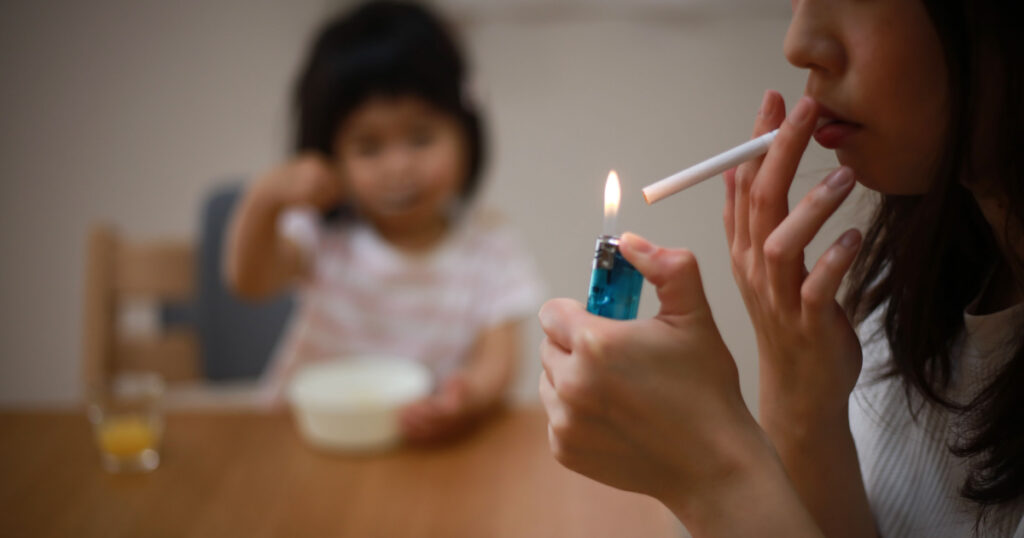
Breathing in secondhand smoke exposes non-smokers to the same harmful chemicals found in cigarettes. In some cases, it can be even worse, as smokers inhale the smoke via a filter, whereas you do not. This increases your risk of lung, throat, and other cancers. (16)
17. High Stress Levels

Chronic stress weakens the immune system and can cause systemic inflammation. It can also lead to unhealthy coping mechanisms such as smoking or excessive alcohol consumption, increasing cancer risk. Be sure to incorporate stress relieving tactics and activities into your daily routines, so that you manage stress in a healthy way. (17)
18. Poor Air Quality
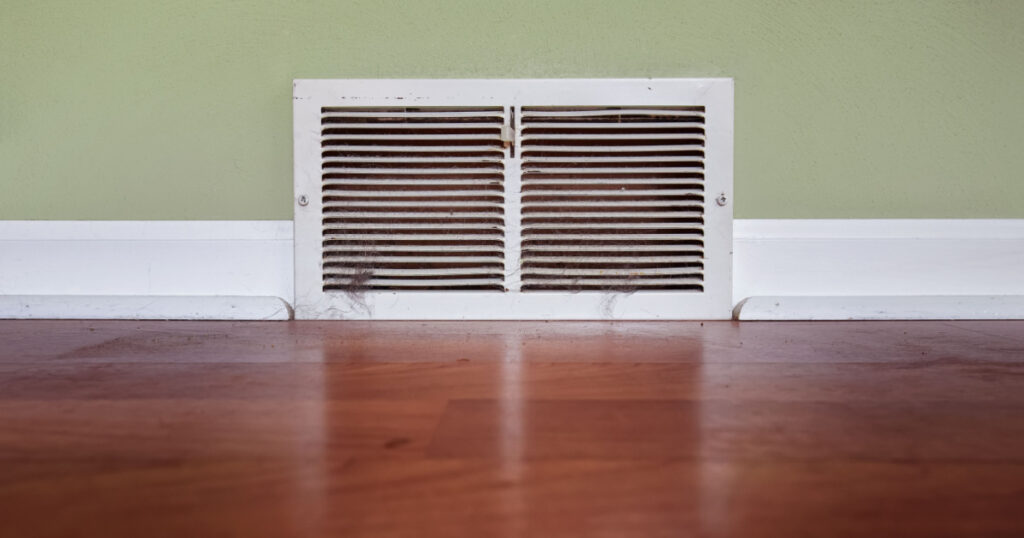
Regular exposure to polluted air, both indoors and outdoors, can increase the risk of lung cancer, as well as other types of cancer. Again, be sure to watch for mold in your home and make sure the ventilation in every room is up to par. Don’t use chemical air fresheners or plug-ins. When outside, do your best to avoid walking, running, or cycling at rush hour times along busy roads with lots of traffic. (18)
19. Exposure to Radon
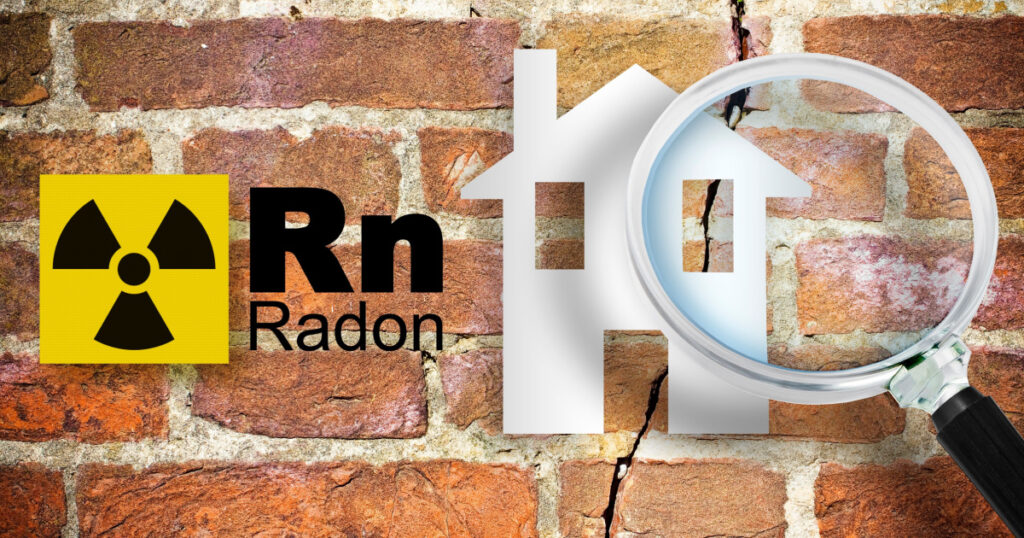
Radon is a naturally occurring radioactive gas that can accumulate in homes and increase the risk of lung cancer when inhaled over time. To test for radon, you can purchase a do-it-yourself kit at most hardware stores or order one online. If your home tests positive for radon, it’s recommended that you hire a professional to install an effective mitigation system and perform ongoing testing. (19)
20. Leaving a Lamp on While You Sleep

We sleep best in darkness. Exposure to dim light while sleeping at night can disrupt our endocrine system, leading to cancer. Keep all lights off in your room at night, and consider getting black-out curtains if there is too much light pollution from the street. (20)
21. Chewing Tobacco
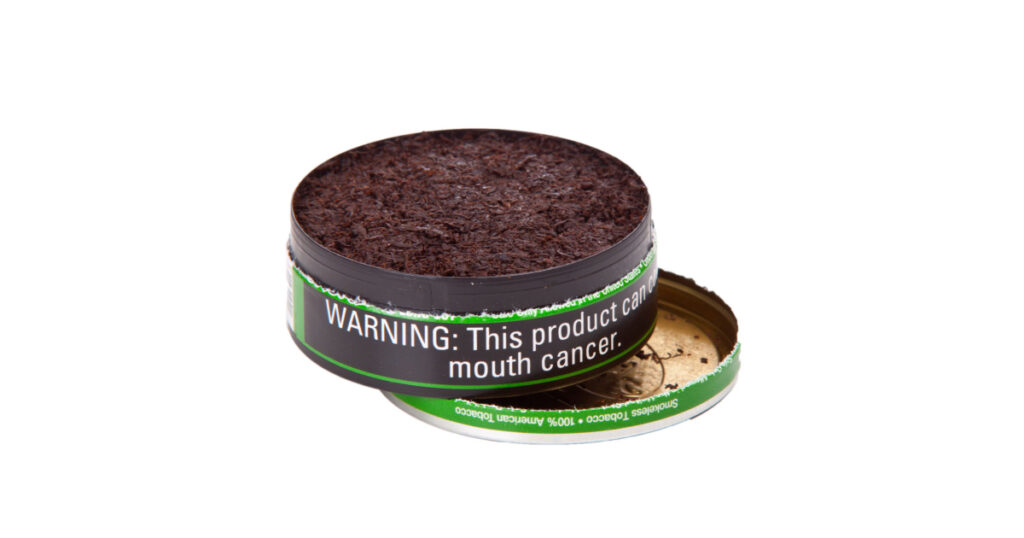
Chewing tobacco increases the risk of oral, esophageal, and pancreatic cancer due to the constant exposure of the oral cavity to harmful chemicals. Again, avoid using this product and if you already do use it, explore ways to help you to quit. (21)
22. Excessive Pesticide Use
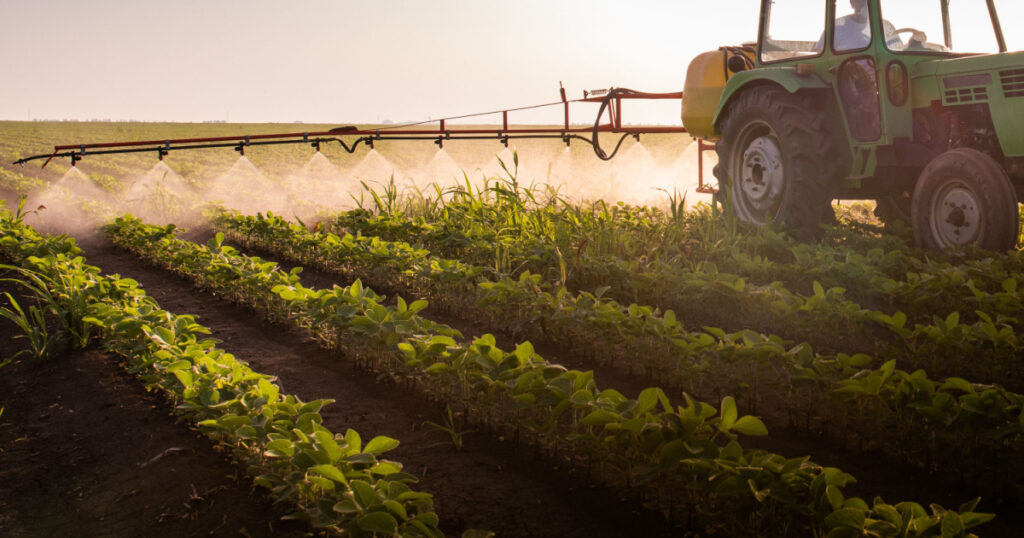
Regular exposure to pesticides, whether through direct contact or consuming contaminated food, has been associated with an increased risk of various cancers. Buy organic whenever possible (food, clothing, cleaning products, and more). Wash produce well before eating it. (22)
23. Overconsumption of Salt
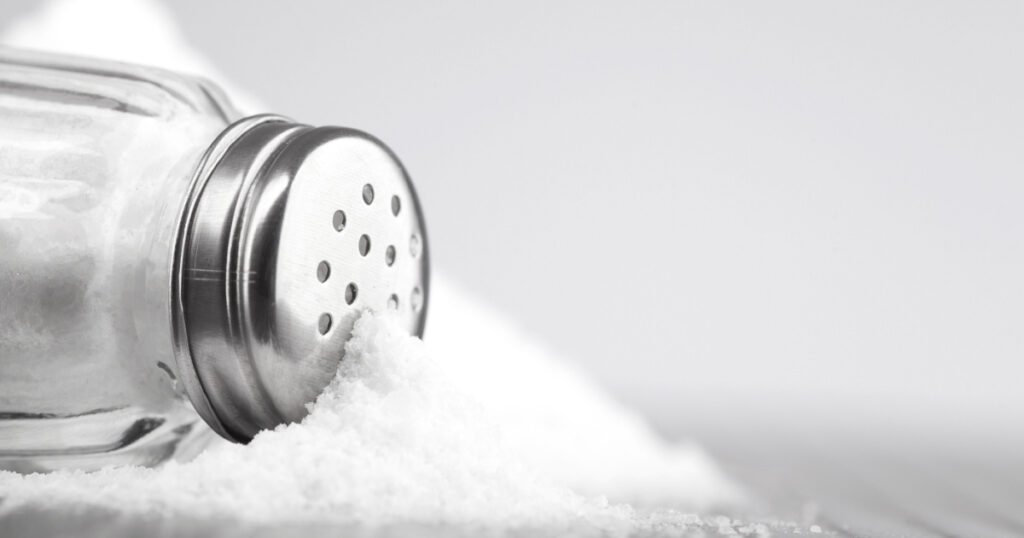
A diet high in sodium-rich foods has been linked to an increased risk of stomach and gastric cancers. To decrease your salt intake, reduce the amount of processed and pre-packaged foods you buy. Eat out less often and avoid over-salting your food at home. (24)
Read: 10 Types of Cancer That Are Rising the Fastest
24. Long-term Nonsteroidal Anti-Inflammatory Drugs (NSAIDs) Use
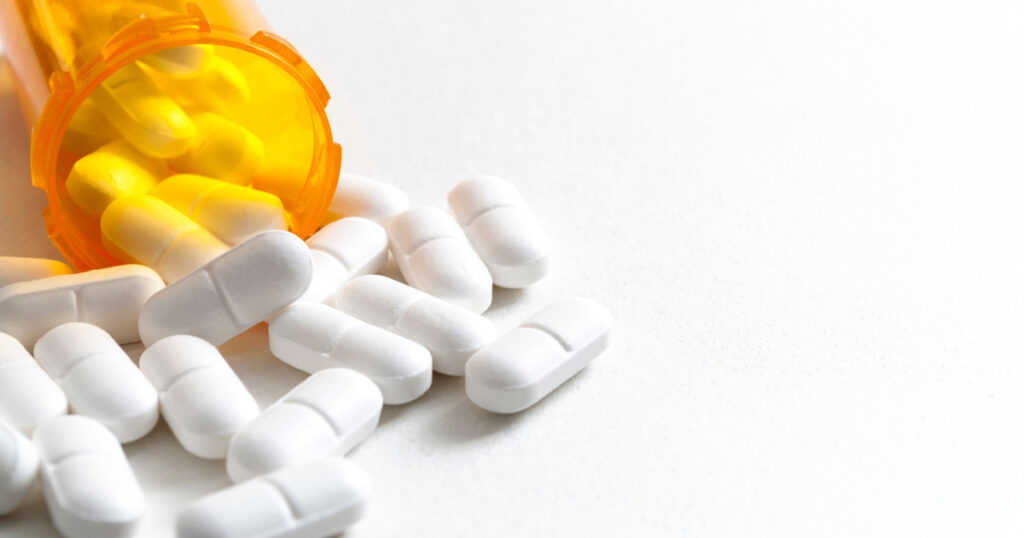
Regular, long-term use of NSAIDs such as aspirin or ibuprofen has been associated with an increased risk of gastrointestinal cancers. It’s not to say that you can never use them, however, don’t let them become your first line of defense against pain. There are other ways to relieve pain, such as hot and/or cold compresses, massage, and more. Some pain can be caused by dehydration, (i.e. headaches) so be sure to hydrate well before turning to painkillers. (25)
25. Not Participating in Cancer Screenings
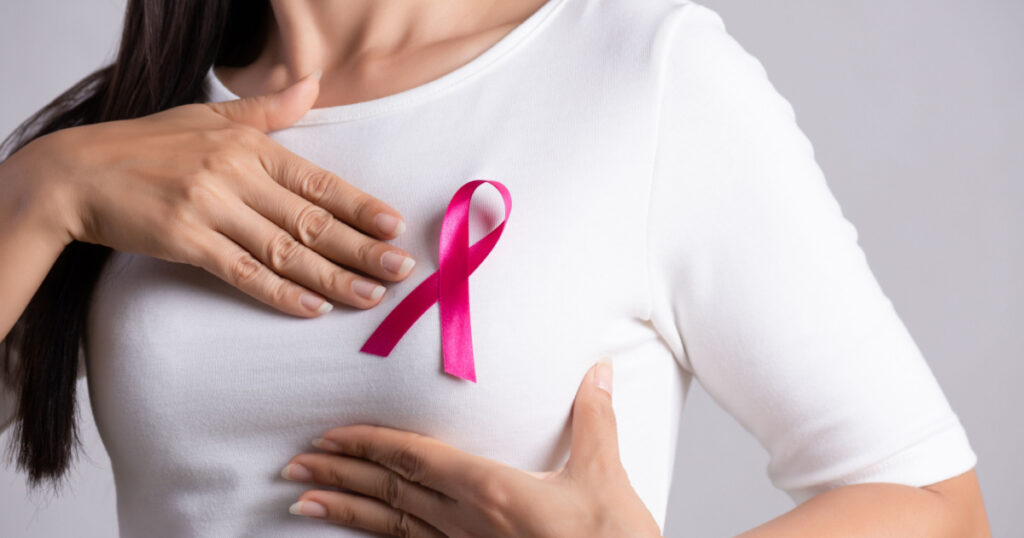
Failing to undergo regular screenings for breast, cervical, colorectal, and other types of cancers can delay early detection and potentially increase the risk of cancer-related complications. With all cancers, early detection is crucial to positive outcomes. (26)
26. Sleeping Near Electronic Devices

Exposure to the artificial light emitted by electronic devices at night can disrupt melatonin production and interfere with sleep cycles, potentially increasing cancer risk. Avoid screens within thirty minutes before bed and don’t keep your phone too close to you while you sleep. (27)
27. Excessive Red Meat Consumption
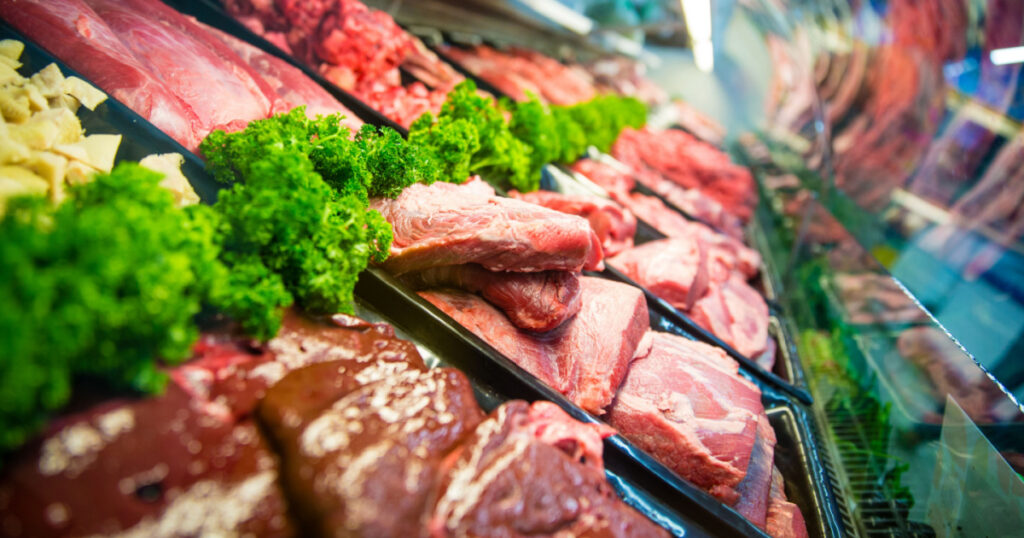
Consuming large amounts of red meat, such as beef, pork, or lamb, has been linked to an increased risk of colorectal and pancreatic cancer. Reduce your intake and replace it with chicken, fish, and vegetarian sources of protein such as beans and lentils. (28)
28. Using Talcum Powder
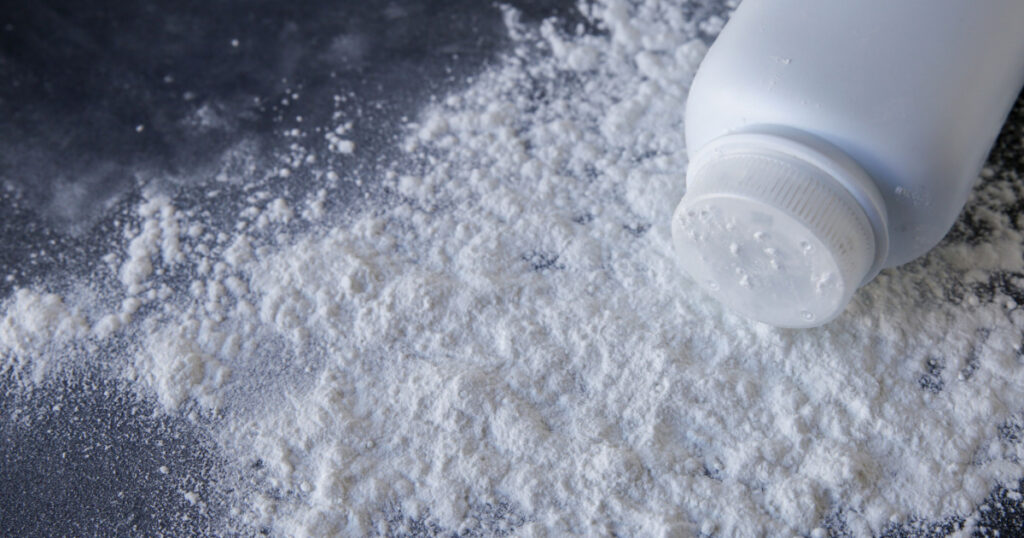
Frequent use of talcum powder in the genital area has been associated with an increased risk of ovarian cancer. If you are using this product, stop immediately and search for alternatives. (29)
29. Excessive Salt-Preserved Foods
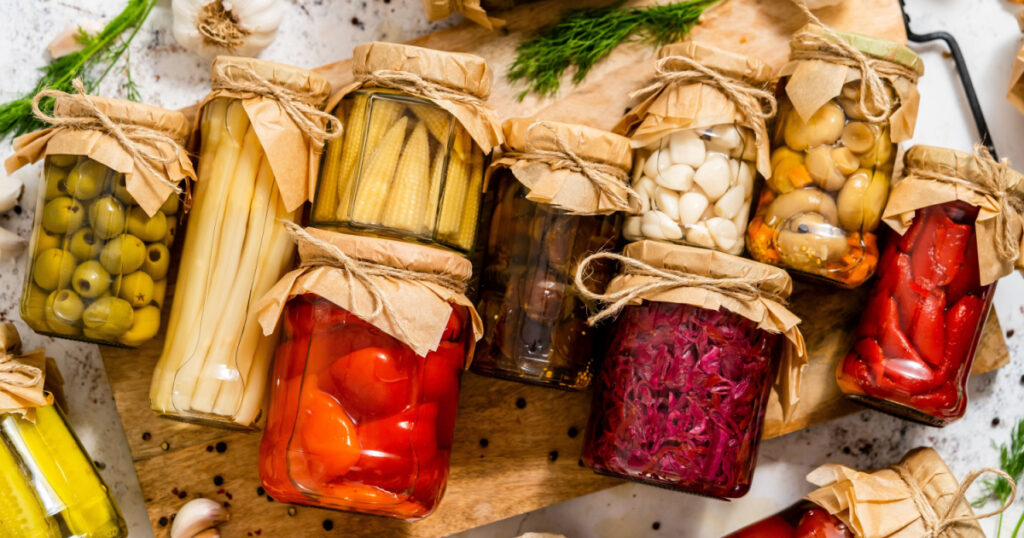
Regularly consuming salt-preserved foods, such as pickles, salted fish, or processed meats, can raise the risk of stomach and gastric cancers. This is largely due to the salt content but also can be due to other chemicals in tins and cans and throughout the processing of these foods. (30)
30. Exposure to Diesel Exhaust
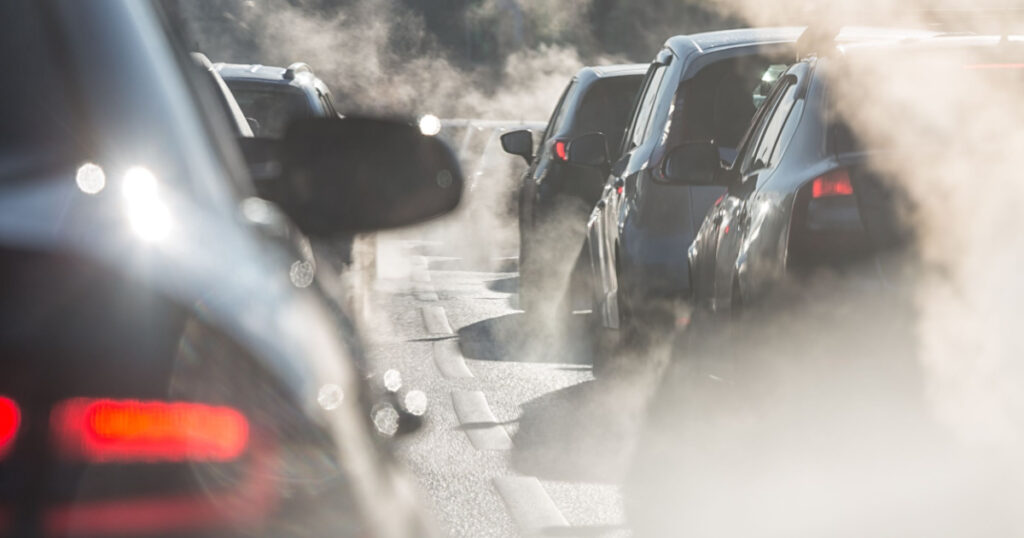
Regular exposure to diesel exhaust fumes, often on the job, can significantly increase the risk of lung cancer. Make sure to wear the protective gear necessary to protect yourself. Speak to your boss to ensure that safety standards are met. (31)
31. Neglecting Emotional and Mental Well-being
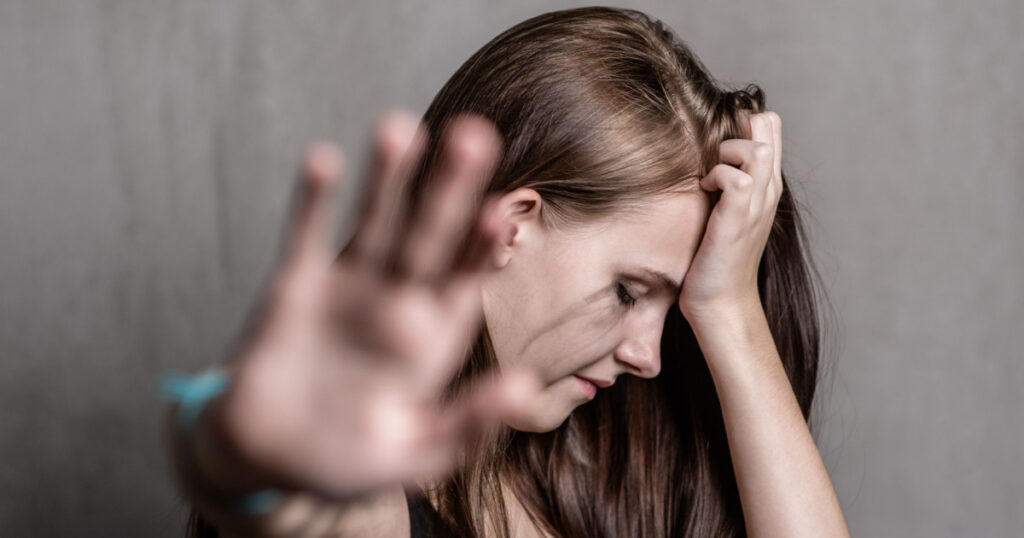
Failing to address emotional and mental health issues, such as chronic stress, anxiety, or depression, can weaken the immune system and increase the risk of cancer. Taking care of your mental health is taking care of your overall health. Reach out to a friend or seek the guidance of a therapist if you need help. (32)
32. Working Late
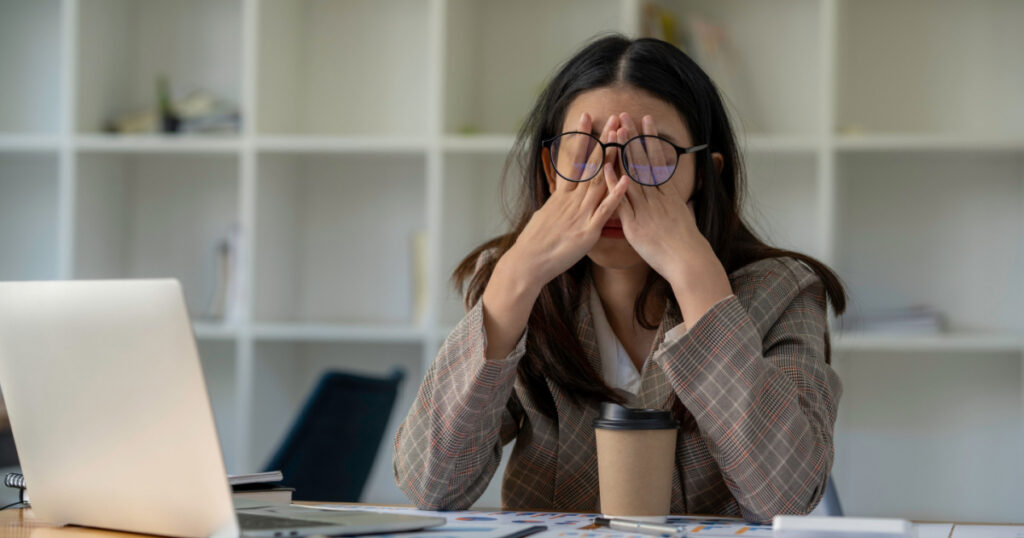
Long work weeks have been associated with cancer. One study found that working more than 60 hours per week can increase your cancer risk. Work-life balance is crucial for our health, so make sure that you aren’t overworking yourself. (33)
33. Eating Crackers

While not all crackers are made equal, research shows that some crackers could expose people to acrylamide, a chemical that has been linked to cancer. This will vary depending on the manufacturer, so do your research before buying, or maybe avoid eating crackers altogether. (34)
Read: 20 Cancer Signs People Ignore Until It’s Too Late
34. Prepackaged Cookies

Prep your oven, because if you want cookies, you are better off making them yourself. This is because, like crackers, pre-packaged cookies may also contain acrylamide.
35. Burning a Coal Fire
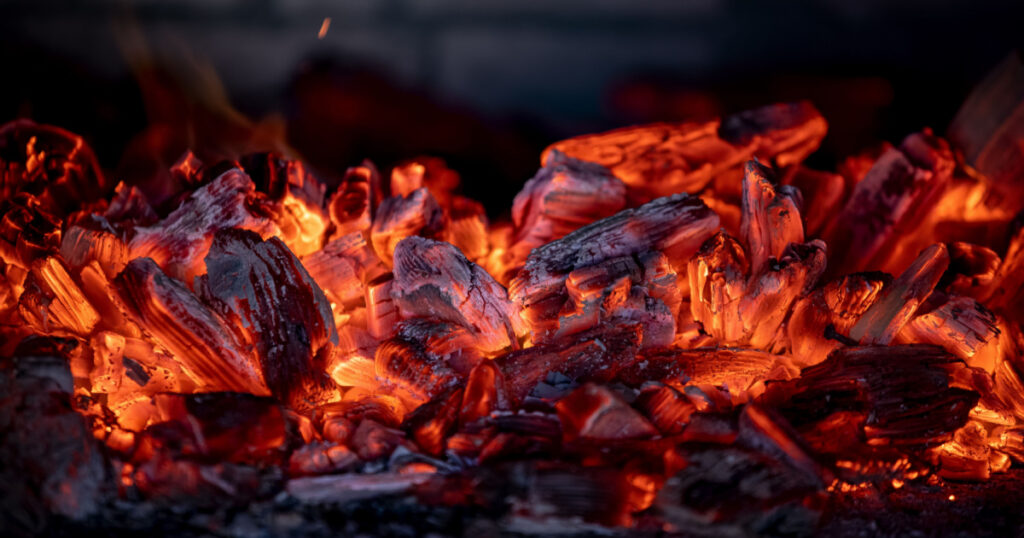
While cozying up to a warm fire in the winter is wonderful, be careful what you are burning. Coal, in particular, exposes you to fumes that can cause cancer. Stick to a wood-burning fireplace and make sure that it is well ventilated. You don’t want your living room and home filling up with smoke of any kind. (35)
36. Using Chemical Cleaning Products
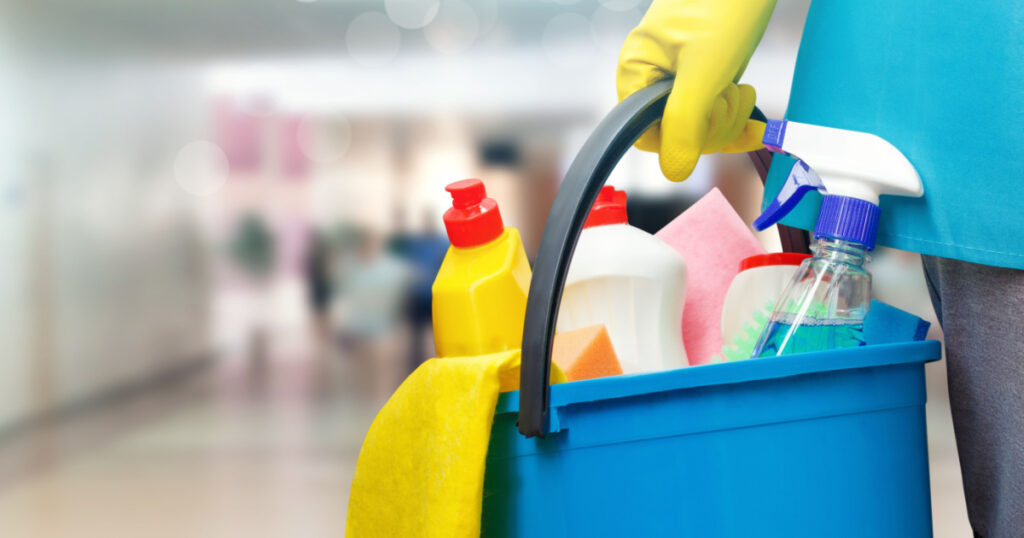
Most of the regular cleaning products you can purchase in the stores are full of chemicals that can harm your health. Instead, try using homemade alternatives or look for natural products in the organic aisle. (36)
37. Too Much Time Looking at a Screen
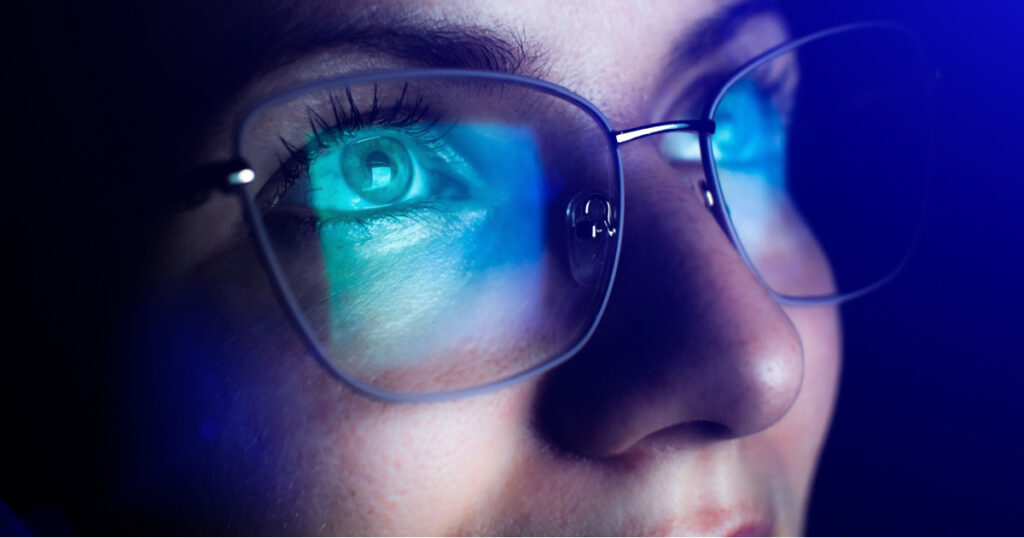
We seem to spend our entire lives looking at screens nowadays. We scroll through videos or read the news on our phones at breakfast or on our way to work. The next six to eight hours are spent either staring at your computer screen or your phone. We then return home and sit in front of the TV watching a show or a movie before heading to bed and starting again. This is a dangerous habit for your health and your risk of cancer. Give yourself screen breaks throughout your day. In your leisure time, do things that don’t involve screens, such as board games, reading, and spending time outdoors. (37)
38. Getting an X-ray
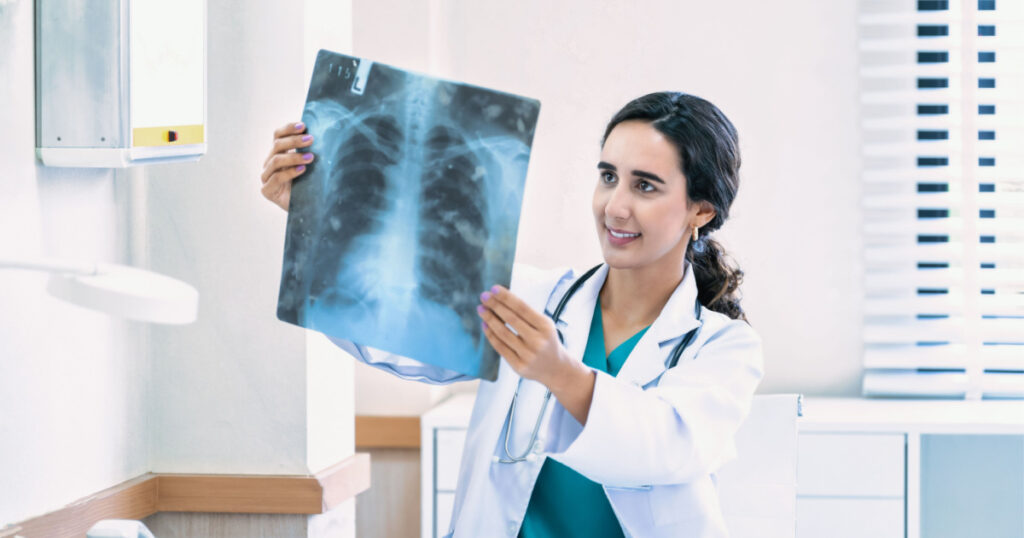
X-rays can be a necessary part of diagnosis for broken bones and other health problems.Unfortunately, it also exposes you to DNA-damaging radiation. Speak to your health care practitioner if you are concerned about how any medical procedure or diagnostic tool may be harming your health. (38)
39. Drinking Drinks Full of Sugar
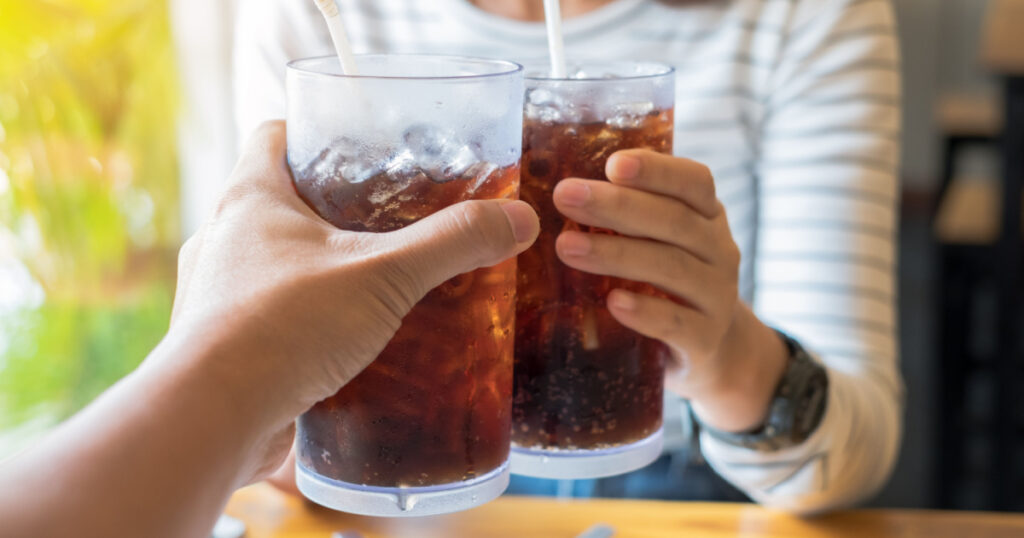
Consuming too much sugar in general is not good for our health. Sugary drinks such as sodas and many juices have been linked to higher rates of heart disease and cancer. This is especially-so for women. (39)
40. Burning Incense
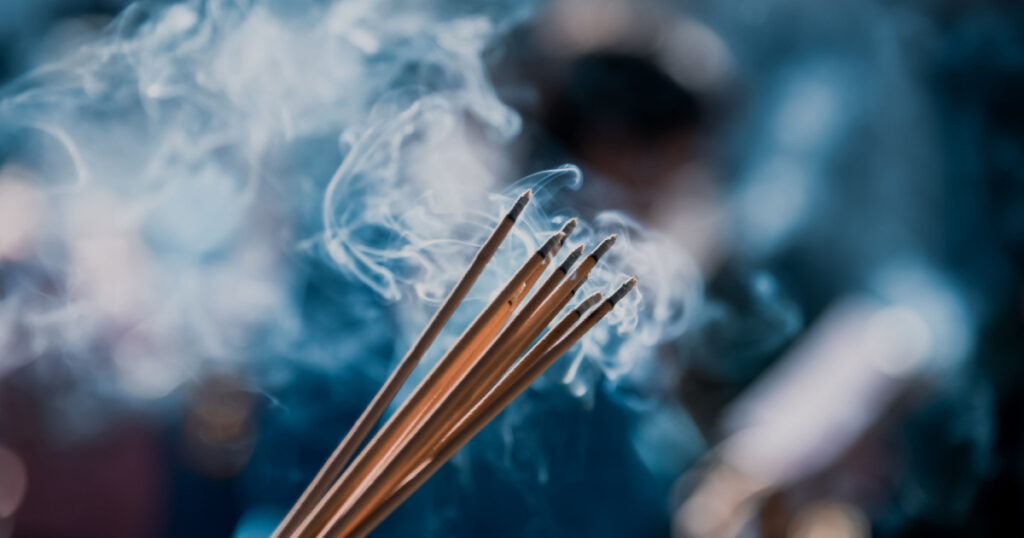
If you are one that enjoys burning incense in your home, you may want to reconsider the habit. The smoke can have a negative effect on your health and cancer risk. Also, depending on the quality of the incense you are burning, you could be unknowingly inhaling unhealthy chemicals. (40)
Read: A Single Bite of This Thai Dish Can Give You Liver Cancer
41. Working Night Shifts

We’ve already mentioned a couple of times the impact that improper sleep can have on your risk of developing cancer. If you are in a profession that requires you to work night shifts, you are at a higher risk. Again, this seems to impact women more than men. If you are concerned about how your job could be affecting your cancer risk, speak to your healthcare practitioner about your risk and what you can do to minimize it. (41)
42. Sitting All Day
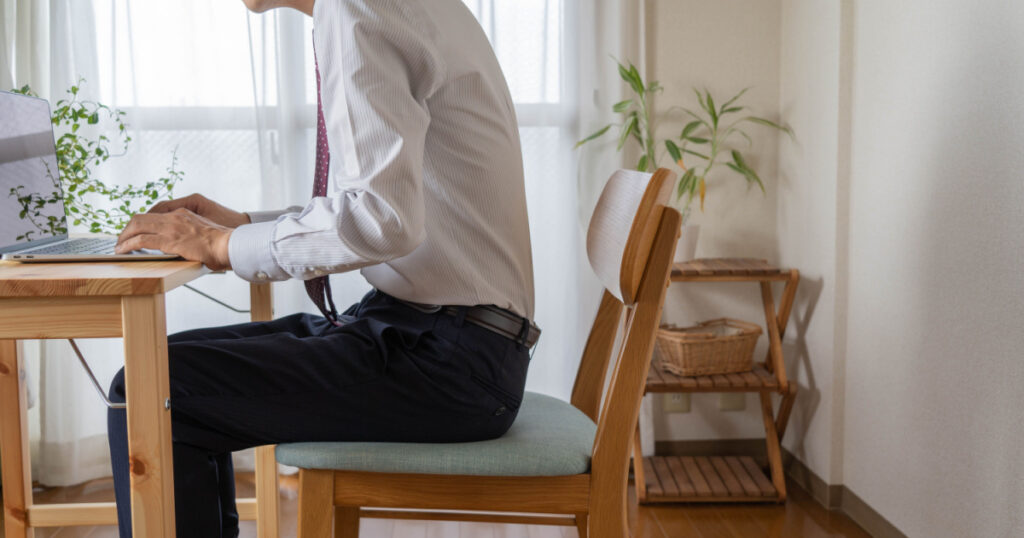
As already discussed, exercise is crucial for reducing the risk of cancer. That being said, the 150 recommended weekly minutes of moderate to vigorous exercise won’t do much if all you do is sit the rest of the time. Incorporate as much physical activity into your day as possible. Every hour, get up and walk around for five to ten minutes. Take the stairs whenever possible. Park at the back of the parking lot so that you walk more, or get off of public transport a stop or two early and walk the rest of the way. (42)
43. Excessive Cell Phone Use

An animal study suggests that excessive cell phone use can increase the risk of developing cancer. They believe that this is likely due to exposure to high levels of radio frequency radiation (RFR). Do yourself a favor and put your phone down every once in a while. (43)
44. Reusing Plastic Water Bottles
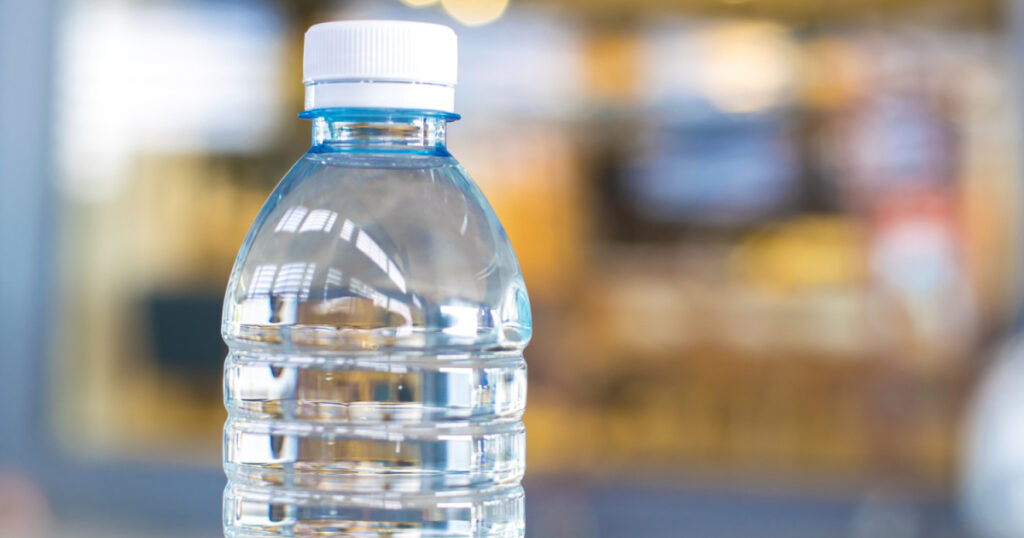
We’ve all done this one. In an effort to save on plastic bottles (and avoid spending more money), we refill a single-use water bottle several times before tossing them out. While this is helping the environment, it is not helping your health. It can increase your exposure to BPAs, which are known to contribute to cancer. If you want to protect yourself and the environment, get yourself a reusable water bottle instead. (44)
45. Some Cosmetics
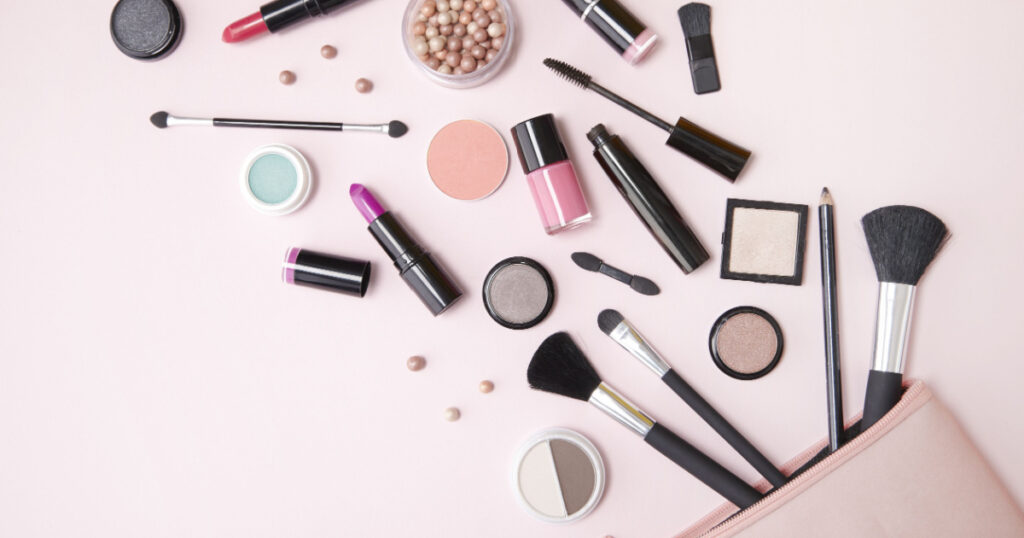
Avoid all cosmetics that contain parabens and phthalates. Do your research when buying makeup and cosmetic products to ensure that they are free of harmful chemicals. Choose natural and organic products whenever possible. (45)
46. Eating Barbecued Meat
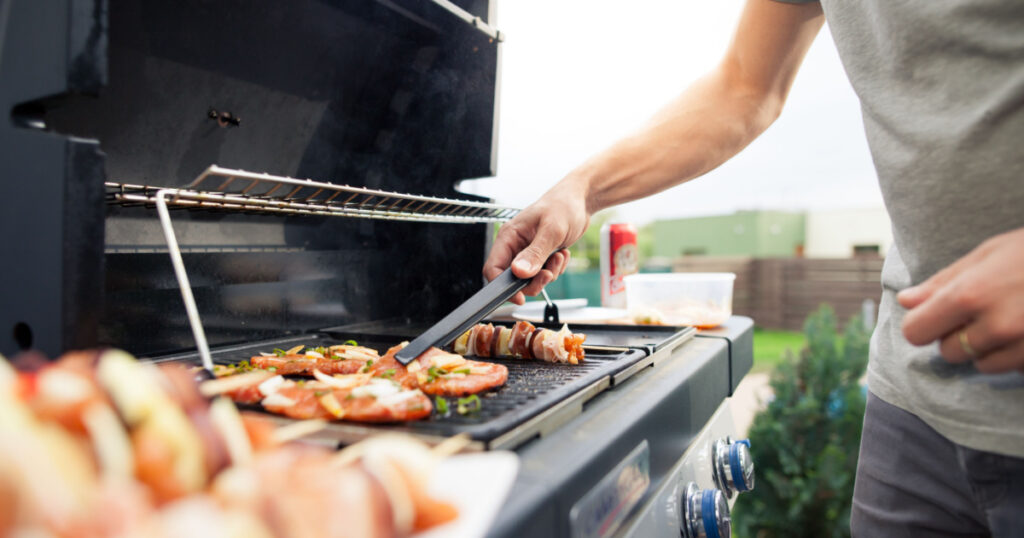
We all love a good barbecue in the summertime. Unfortunately, this method of cooking isn’t very good for your health. This is because when you cook meat at a high temperature, chemicals called PAHs and HCAs form. These chemicals have been linked to cancer in animal studies. (46)
47. Drinking Too Much Coffee
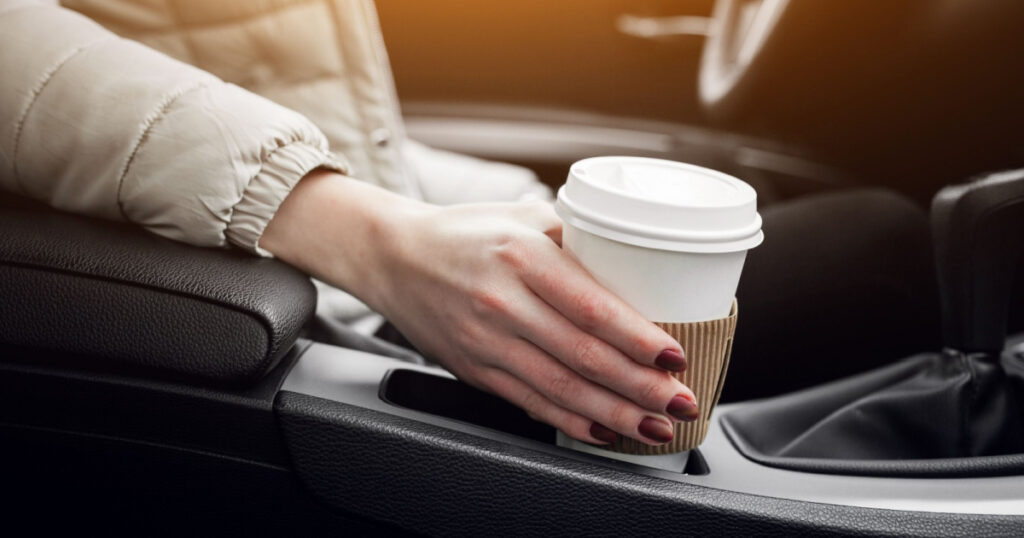
Coffee can contain acrylamide, which as we already discussed, can contribute to cancer development. Keep your coffee consumption to no more than one or two cups a day. If you need a boost beyond that, consider switching to green or black tea. (47)
Read: Starch in Green Bananas May Slash Risk of Some Cancers by Over 60%, Study Finds
48. Consuming Products Sweetened with Corn Syrup

High-fructose corn syrup is used as a cheaper alternative to sugar and honey in products around the world. Unfortunately, it is linked to many health problems, including cancer. Buyer be aware: HFCS can be found in a whole host of products, including sauces, dressings, baked goods, and more. Steer clear of the stuff by avoiding processed foods and sugary drinks. (48)
The Bottom Line
By being aware of these 50 bad habits that may increase our cancer risk, we can make informed decisions to prioritize our health and reduce the likelihood of developing this life-threatening disease. Remember that adopting healthier lifestyle choices, such as quitting smoking, maintaining a balanced diet, staying physically active, and seeking regular medical check-ups, can significantly lower the risk of cancer and improve overall well-being.
Keep Reading: Daily Activity May Reduce Cancer Risk by 72%
Sources
- Cancer Research
- Cancer Vic
- “Preventable Cancer Burden Associated With Poor Diet in the United States.” NCBI. Fang Fang Zhang, et al. June 2019.
- “Obesity and Cancer.” Cancer
- “How sedentary behaviour increases your risk of cancer.” Cancer
- “How does the sun and UV cause cancer?.” Cancer Research UK.
- “Indoor UV tanning and skin cancer: health risks and opportunities.” NCBI. Joshua M. Schulman and David E. Fisher. August 2, 2010.
- NCBI
- “Chronic Inflammation and Cancer: What’s the Connection?” Fox Chase. November 13, 2019.
- “Processed meat and cancer: What you need to know.” MD Anderson. Danielle Underferth.
- “Sleep duration and the risk of cancer: a systematic review and meta-analysis including dose–response relationship.” NCBI. Yuheng Chen, et al. November 2018.
- “Cancer-Causing Substances in the Environment.” Cancer
- “The link between cervical cancer and unsafe sex.” 1Life. September 18, 2019.
- “Double trouble: Tobacco and alcohol combine to elevate cancer risk.” Cancer Center. CITY OF HOPE. July 11, 2023.
- “Oral Contraceptives and Cancer Risk.” Cancer
- “Smoking & Tobacco Use.” CDC
- “Does stress cause cancer?” Cancer
- “Air pollution.” Cancer
- “Health Risk of Radon.” EPA
- “Light Exposure at Night.” Breast Cancer.
- “Oral Cancer and Tobacco.” Hopkins Medicine
- “Cancer health effects of pesticides.” NCBI. K.L. Bassil, MSc, et al. October 2007.
- “Get vaccinated.” Cancer
- “Effect of Dietary Salt Intake on Risk of Gastric Cancer: A Systematic Review and Meta-Analysis of Case-Control Studies.” NCBI. Xiaomin Wu, et al. October 12, 2022.
- “Role of Nonsteroidal Anti-Inflammatory Drugs (NSAIDs) in Cancer Prevention and Cancer Promotion.” NCBI. Rebecca S. Y. Wong. January 31, 2019.
- “Cancer Screening Overview (PDQ®)–Patient Version.” Cancer
- “Sleeping with your mobile phone could cause cancer and infertility, warns health officials.” Independent. Sarah Young. December 18, 2017.
- “Limit red and processed meat.” Cancer
- “Talcum Powder and Cancer.” Cancer
- “Salt and sugar.” Cancer
- “Diesel Exhaust and Cancer Risk.” Cancer
- “Mental Health Problems and Cancer Risk Factors Among Young Adults.” NCBI. Greta M. Massetti, PhD, et al, September 2017.
- “Long working hours and cancer risk: a multi-cohort study.” NCBI. March 2016.
- “Acrylamide and Cancer Risk.” Cancer
- “In-Home Coal and Wood Use and Lung Cancer Risk: A Pooled Analysis of the International Lung Cancer Consortium.” NCBI. H. Dean Hosgood, et al. September 2010.
- “Potentially carcinogenic chemicals more associated with conventional cleaning products, but also with some “green” products.” Berkeley. Kelsey Oliver. January 3, 2023
- “The association between recreational screen time and cancer risk: findings from the UK Biobank, a large prospective cohort study.” Biomed Central. Ruth F. Hunter, et al. August 3, 2020.
- “Do X-rays and Gamma Rays Cause Cancer?.” Cancer
- “Sugary drinks and cancer risk.” NCBI. Michel de Lorgeril, et al. May 2020.
- “Incense use and respiratory tract carcinomas: a prospective cohort study.” NCBI. Jeppe T. Friborg, MD, PhD, et al. October 2009.
- “Recent News about Night Shift Work and Cancer: What Does it Mean for Workers?” CDC. Christina C. Lawson, PhD, et al. April 27, 2021
- “Hours of sitting: What’s your cancer risk?.” MD Anderson. Brittany Cordeiro.
- “Cell Phones and Cancer Risk.” Cancer
- “Exposure to Chemicals in Plastic.” Breast Cancer
- “Potential Carcinogens in Makeup Cosmetics.” NCBI. Radosław Balwierz, et al. March 2023.
- “Do grilled foods cause cancer?.” Columbian Doctor. May 26, 2023.
- “Coffee drinking and cancer risk: an umbrella review of meta-analyses of observational studies.” NCBI. Long-Gang Zhao, et al. February 2020.
- “Fructose Fuels Colorectal Cancer Growth, Study Shows.” Voice. Elisa Becze. January 12, 2022.
Disclaimer: This information is not intended to be a substitute for professional medical advice, diagnosis or treatment and is for information only. Always seek the advice of your physician or another qualified health provider with any questions about your medical condition and/or current medication. Do not disregard professional medical advice or delay seeking advice or treatment because of something you have read her
